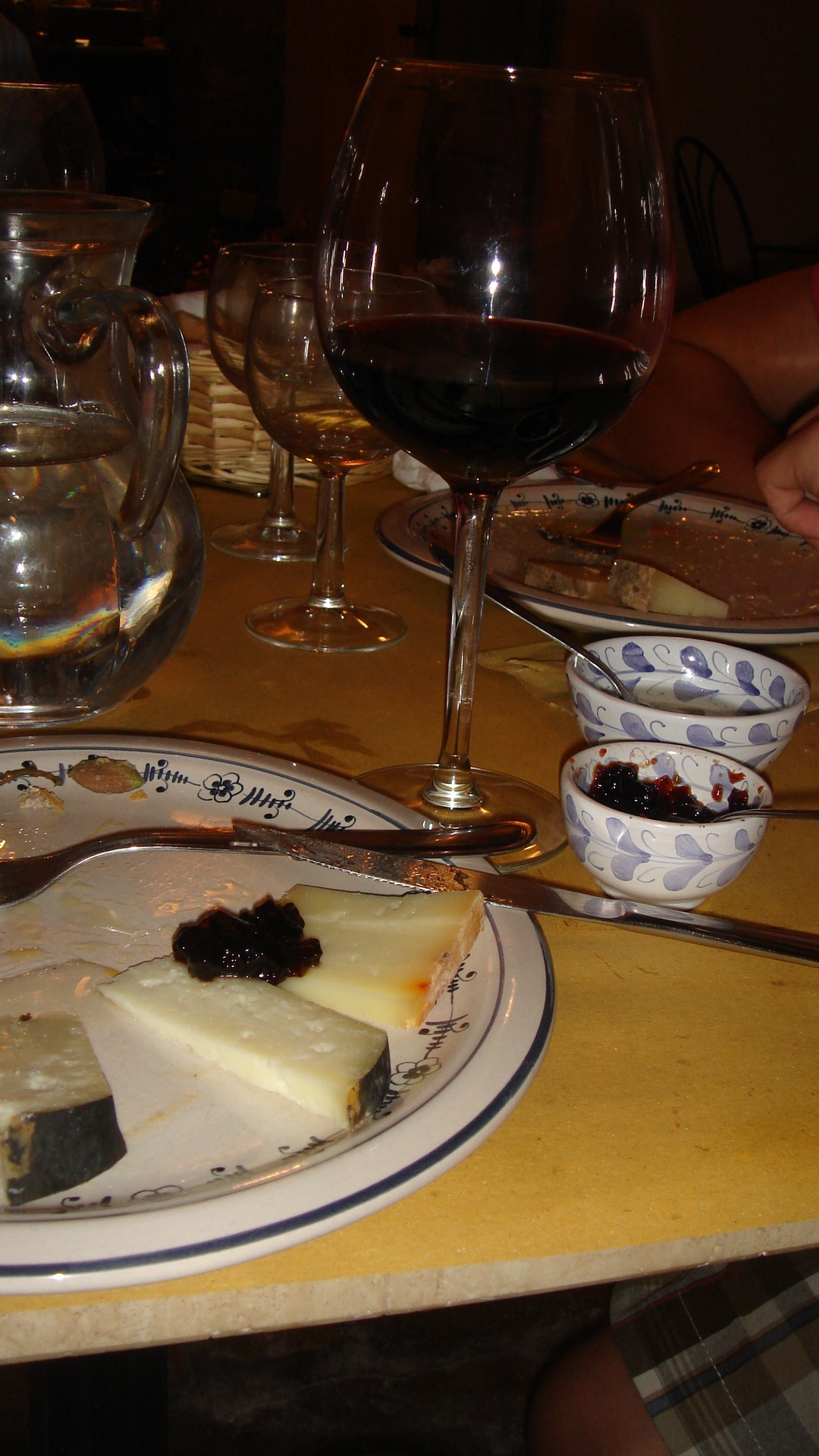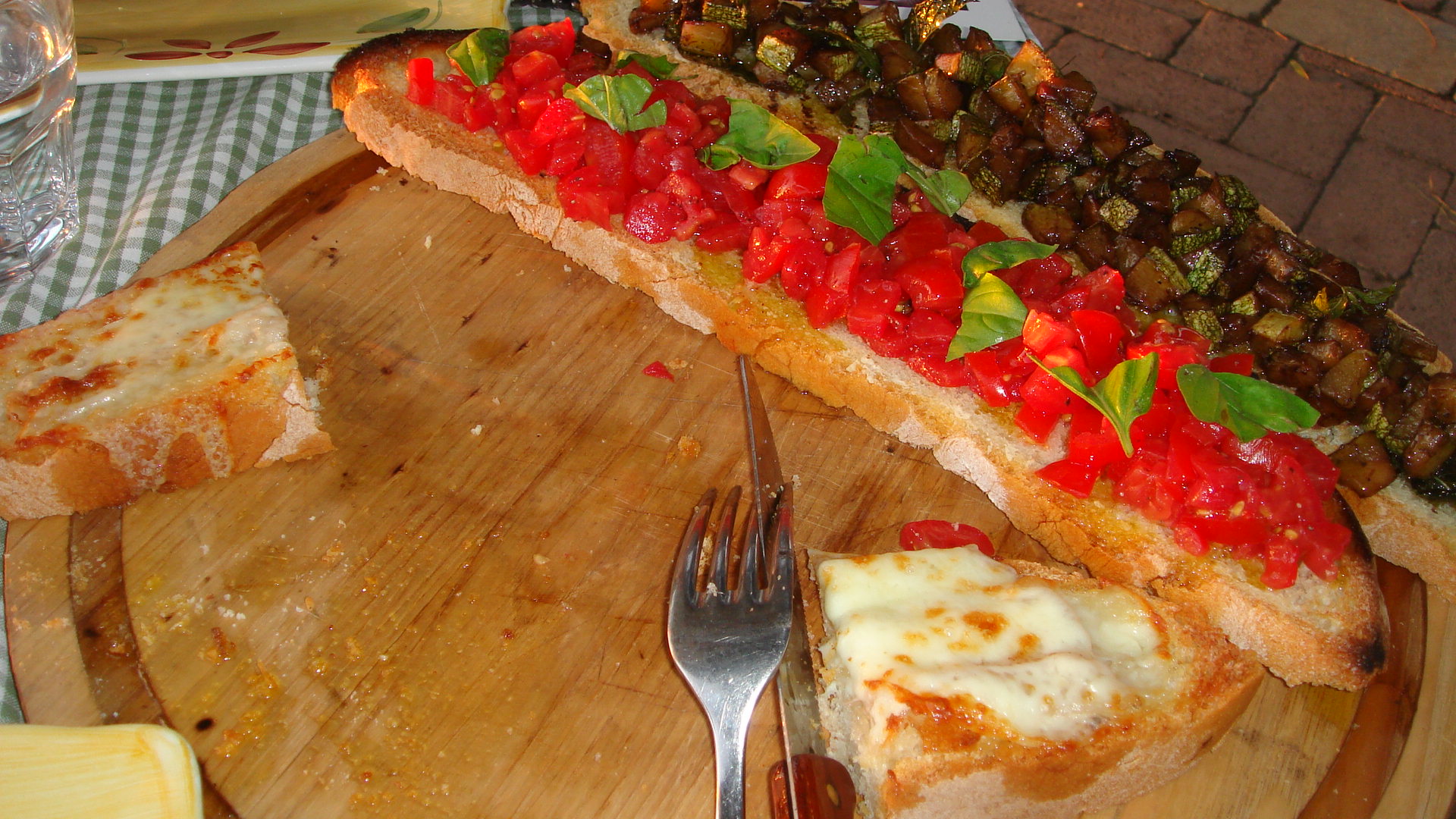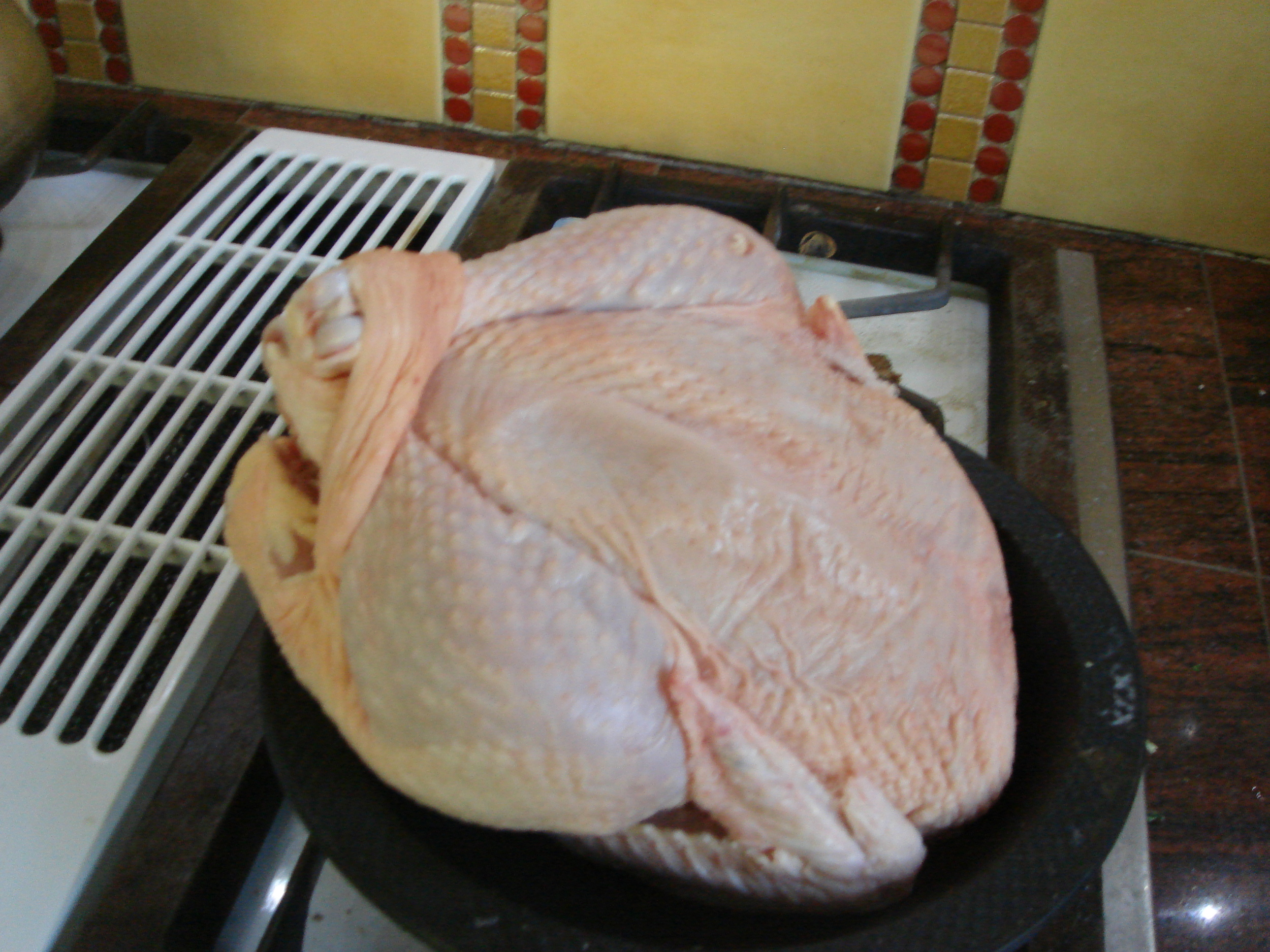 I love the all-inclusive bumper sticker "May God Bless The Whole World," which some awakened people created in reaction to the restrictive "God Bless America" bumper sticker. Not that I am against well wishes for this country, but I do not wish any other country any less than this one. The problem is the distinction between "them" and "us," whereby "we" believe that we are more deserving than "they." As long as we exclude others from our well wishes, as long as we think we are better or more deserving, as long as we think of ourselves in isolation, we have a problem.
My teenage son ran in a Spartan Race this week-end. It was hot, it was humid, it was long and difficult. As a mother I was of course worrying and quietly asked "for the most benevolent outcome for his wellbeing and safety" (see Tom Moore's The Gentle Way for more on requesting positive outcomes). He was running with three of his friends. So then it occurred to me that I wanted of course all of them to be well and safe as well, and I quickly added my quiet request for that. And then I thought "Gee, actually I would not want anyone in this whole race to be hurt, I really do want all racers to finish safely, and I added yet another qualifier to my "most benevolent outcome wish."
I love the all-inclusive bumper sticker "May God Bless The Whole World," which some awakened people created in reaction to the restrictive "God Bless America" bumper sticker. Not that I am against well wishes for this country, but I do not wish any other country any less than this one. The problem is the distinction between "them" and "us," whereby "we" believe that we are more deserving than "they." As long as we exclude others from our well wishes, as long as we think we are better or more deserving, as long as we think of ourselves in isolation, we have a problem.
My teenage son ran in a Spartan Race this week-end. It was hot, it was humid, it was long and difficult. As a mother I was of course worrying and quietly asked "for the most benevolent outcome for his wellbeing and safety" (see Tom Moore's The Gentle Way for more on requesting positive outcomes). He was running with three of his friends. So then it occurred to me that I wanted of course all of them to be well and safe as well, and I quickly added my quiet request for that. And then I thought "Gee, actually I would not want anyone in this whole race to be hurt, I really do want all racers to finish safely, and I added yet another qualifier to my "most benevolent outcome wish."
It is misinterpreted Darwinian thinking that one party has to lose for the other to win, or that there isn't enough wellbeing and goodness and abundance available for all of us. Win-win for all!







